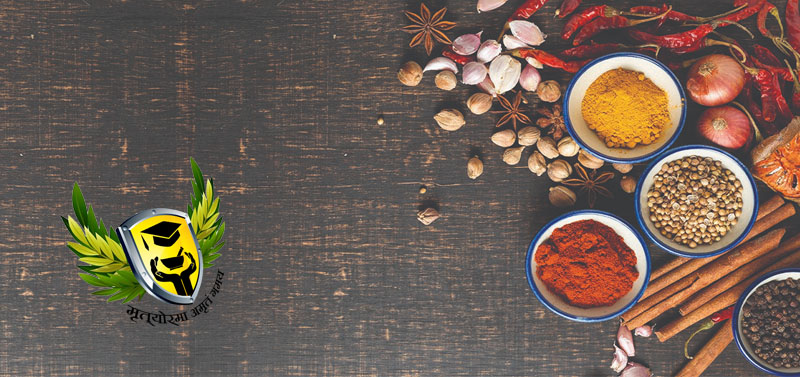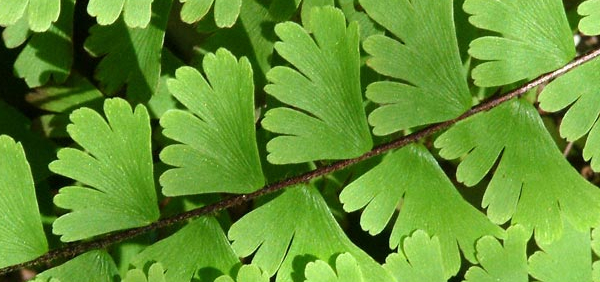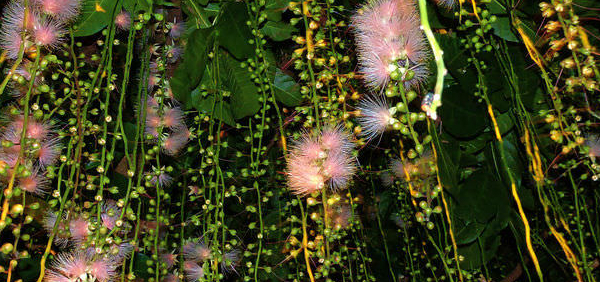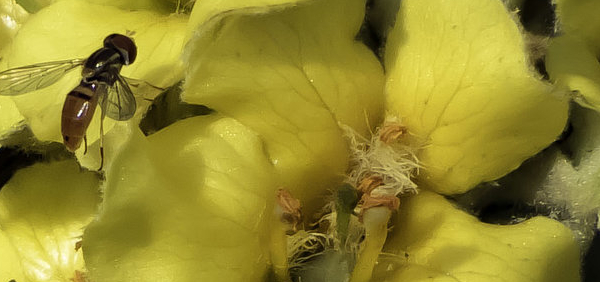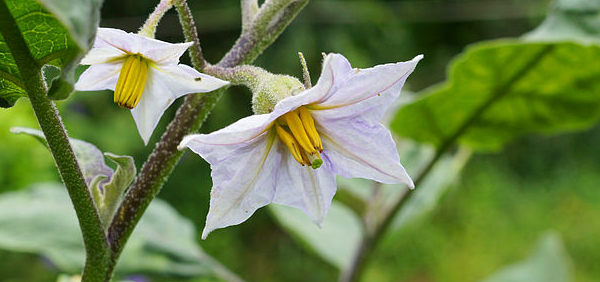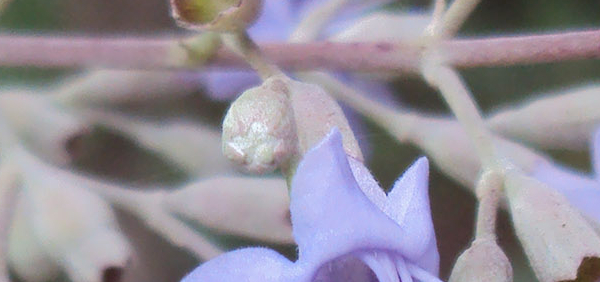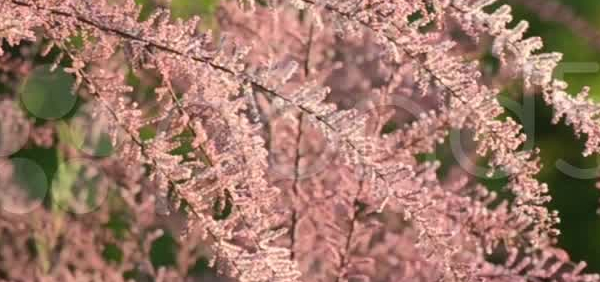barahi :

Precautions:
Pregnancy and breast-feeding: There is not enough reliable information about the safety of taking wild yam if you are pregnant or breast feeding. Stay on the safe side and avoid use.
Hormone-sensitive condition such as breast cancer, uterine cancer, ovarian cancer, endometriosis, or uterine fibroids: Wild yam might act like estrogen. If you have any condition that might be made worse by exposure to estrogen, do not use wild yam.
Protein S deficiency: People with protein S deficiency have an increased risk of forming clots. There is some concern that wild yam might increase the risk of clot formation in these people because it might act like estrogen. There is one case report of a patient with protein S deficiency and systemic lupus erythematosus (SLE) who developed a clot in the vein serving the retina in her eye 3 days after taking a combination product containing wild yam, dong quai, red clover, and black cohosh. If you have protein S deficiency, it is best to avoid using wild yam until more is known.
Toxicity studies:
Wild yam is POSSIBLY SAFE when taken by mouth or applied to the skin. Large amounts can cause vomiting.
- » Classification and names of barahi
- » Synonyms and definitions of barahi
- » Drug Properties of barahi
- » Chemical Constituents of barahi
- » Standardization of barahi
- » Parts used and Dosage of barahi
- » Morphology and Histology of barahi
- » Distribution and Conservation of barahi
- » Cultivation of barahi
- » barahi in the market
- » Medicinal Uses of barahi
- » Researches and clinical trails of barahi
- » barahi in other sytems of medicine
- » Ayurvedic formulations with barahi
- » Images of barahi



